Category:Environmentalism


6 FREE MARKET Climate Solutions
July 30, 2024 | Video
In this video Reem walks us through 6 free-market principles that will maximize the likelihood of climate benefits in the future.

5 FREE MARKET Policies with Unintended Climate Benefits
July 30, 2024 | Video
These free-market policies came about before most people had ever heard the term “climate change.”

Sprouting Vegetables of Liberty
April 29, 2024 | Post
Students For Liberty Lisbon promotes sustainability, reduction of CO2 emissions, and liberty through partnership with a private vegetable garden.

Here’s the reason mainstream environmentalist groups hate nuclear energy: they’re paid to
November 28, 2023 | Post
For decades, nuclear power has been shunned by mainstream environmentalism.
However, the Natural Resources Defense Council, a prominent environmentalist nonprofit, recently shut down its longstanding program dedicated to opposing the nuclear industry — and they’re not alone in this switch of priorities.
So, what is causing environmentalist groups to run out of steam in their anti-nuclear campaigns? Is mainstream environmentalism about to finally embrace nuclear power?

Learn Liberty Features: David Friedman
October 3, 2023 | Video
David Friedman, now 50 years on from publishing The Machinery of Freedom: A Guide to a Radical Capitalism, remains an innovative anarcho-capitalist and leading figure of the broader liberty movement. Learn Liberty spoke with him for a wide-ranging interview about everything from his love of poetry to his biggest influences (other than his father, Milton), […]

The importance of free markets in building a sustainable future
July 18, 2023 | Post
The free market is a powerful ally in the pursuit of a sustainable future. It rewards efficiency, responsible resource management, and, ultimately, sustainable solutions to environmental challenges. Here’s why…
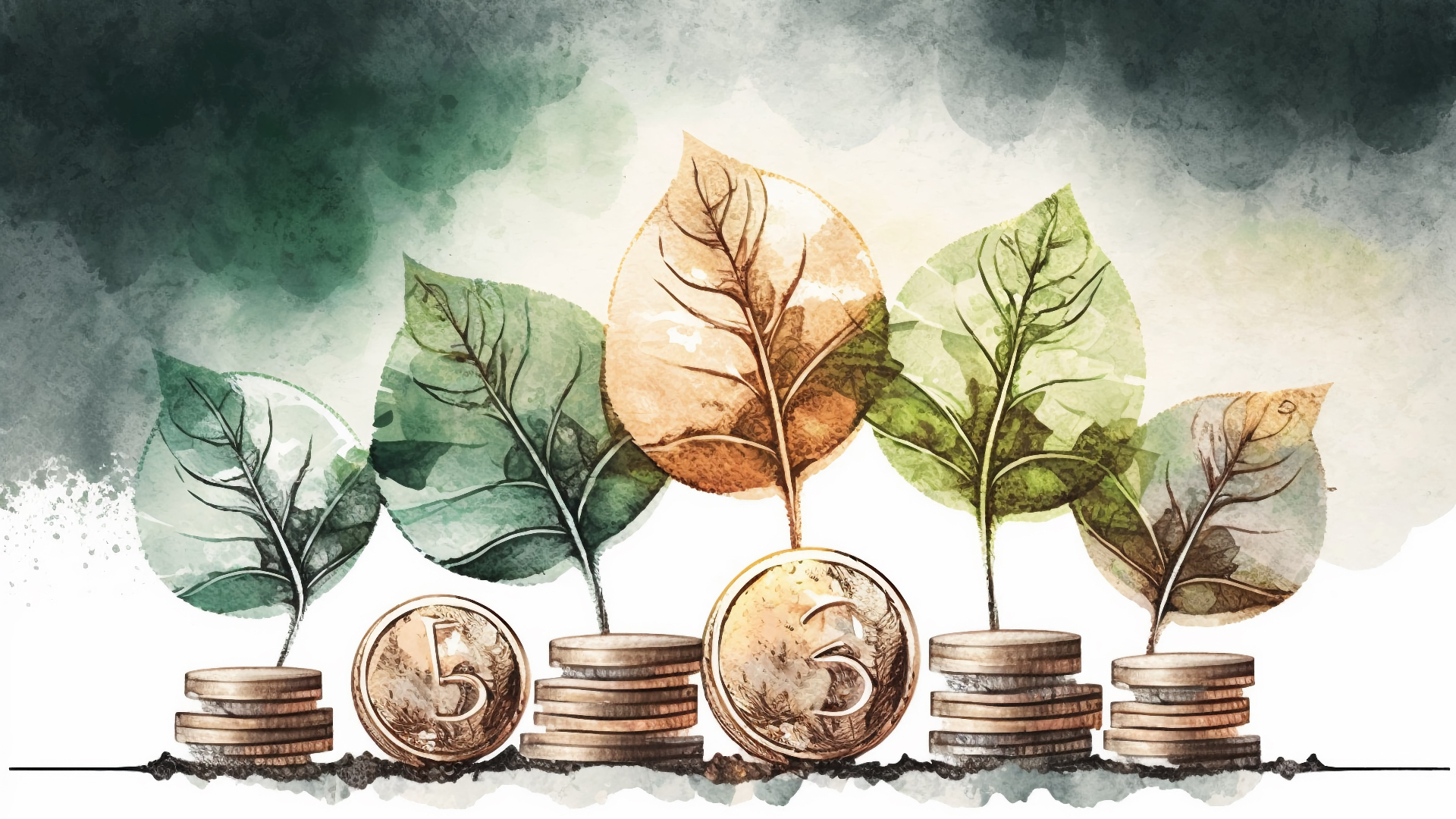
What is free-market environmentalism?
April 28, 2023 | Post
Free-market environmentalism combines the ideals of environmental protection with the principles of a free-market economy. It acknowledges that markets can provide powerful incentives for conservation and environmental stewardship, and that private property rights and contracts can be leveraged as tools to protect the environment. But how exactly does this work?
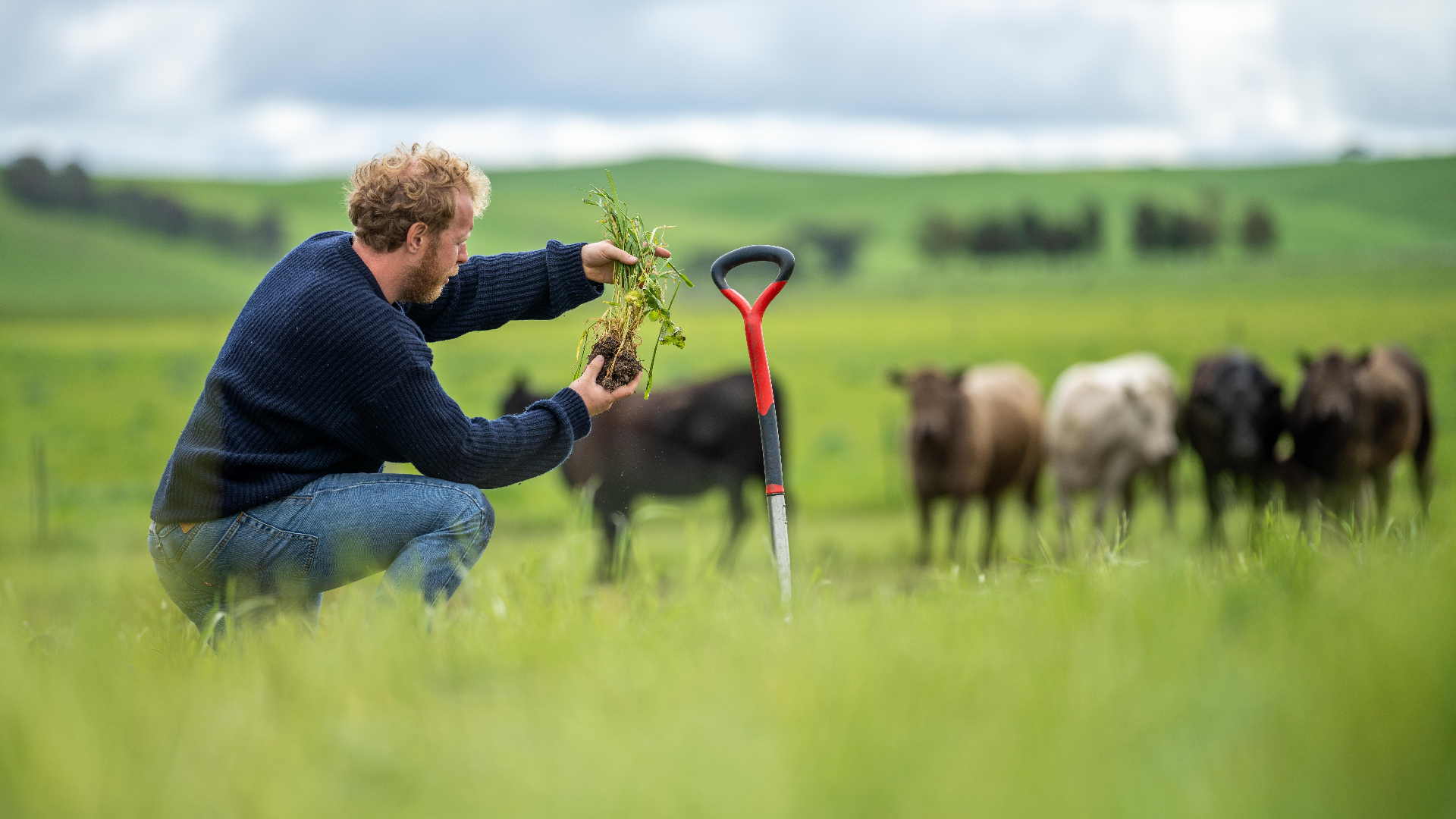
How sustainable farming is paying off for Australian farmers
April 24, 2023 | Post
Tired of riding the fortunes of the weather, Australian farmers are increasingly turning to regenerative agriculture to sustain their land during periods of drought.
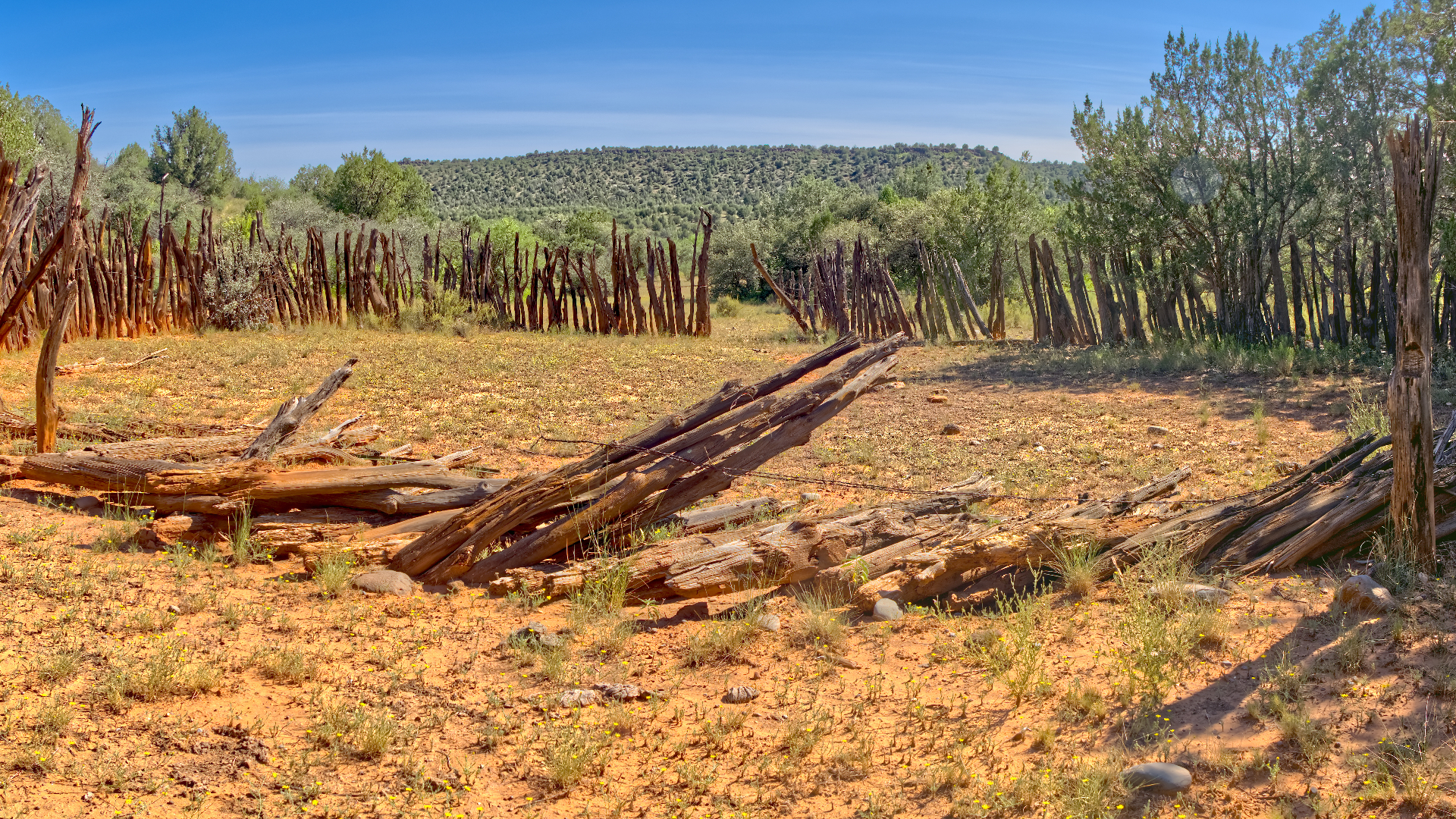
The tragedy of the commons explained
April 13, 2023 | Post
The tragedy of the commons is a concept that describes the depletion or degradation of shared resources that are not owned or managed by any individual or group. It occurs when multiple individuals, each pursuing their own ends, overuse or exploit a shared resource to the point of depletion, resulting in harm to all users of that resource in the long run.

Debunking 8 Lies Socialists Told You
November 18, 2022 | Video
Are socialists “liars?” Depends on your definition — and whether they truly believe what they say. But this much is for sure: they tell and/or believe in lies. ️🔥 Watch Juan Carlos Hidalgo’s Last Video: WHY IS LATIN AMERICA SO CORRUPT – https://youtu.be/rFxQOB6HEcA ️🔥 Those lies, though, are persuasive to a lot of people. Once […]

How the profit motive can protect the environment
August 22, 2022 | Post
The pursuit of profit in the free market is often cited as the main cause of environmental disasters and poor environmental quality, leading to a lot of blame placed on entrepreneurs. However, this is certainly not set in stone. Indeed, the pursuit of profit can actually protect the environment, rather than devastate it.

Market-based solutions to climate change
June 30, 2022 | Post
Given the various shortcomings associated with central planning, market-based solutions are extremely important in addressing climate change. Due to their sensitivity to geographic and technological differences across society, market-based solutions ought to be an important part of any solution.
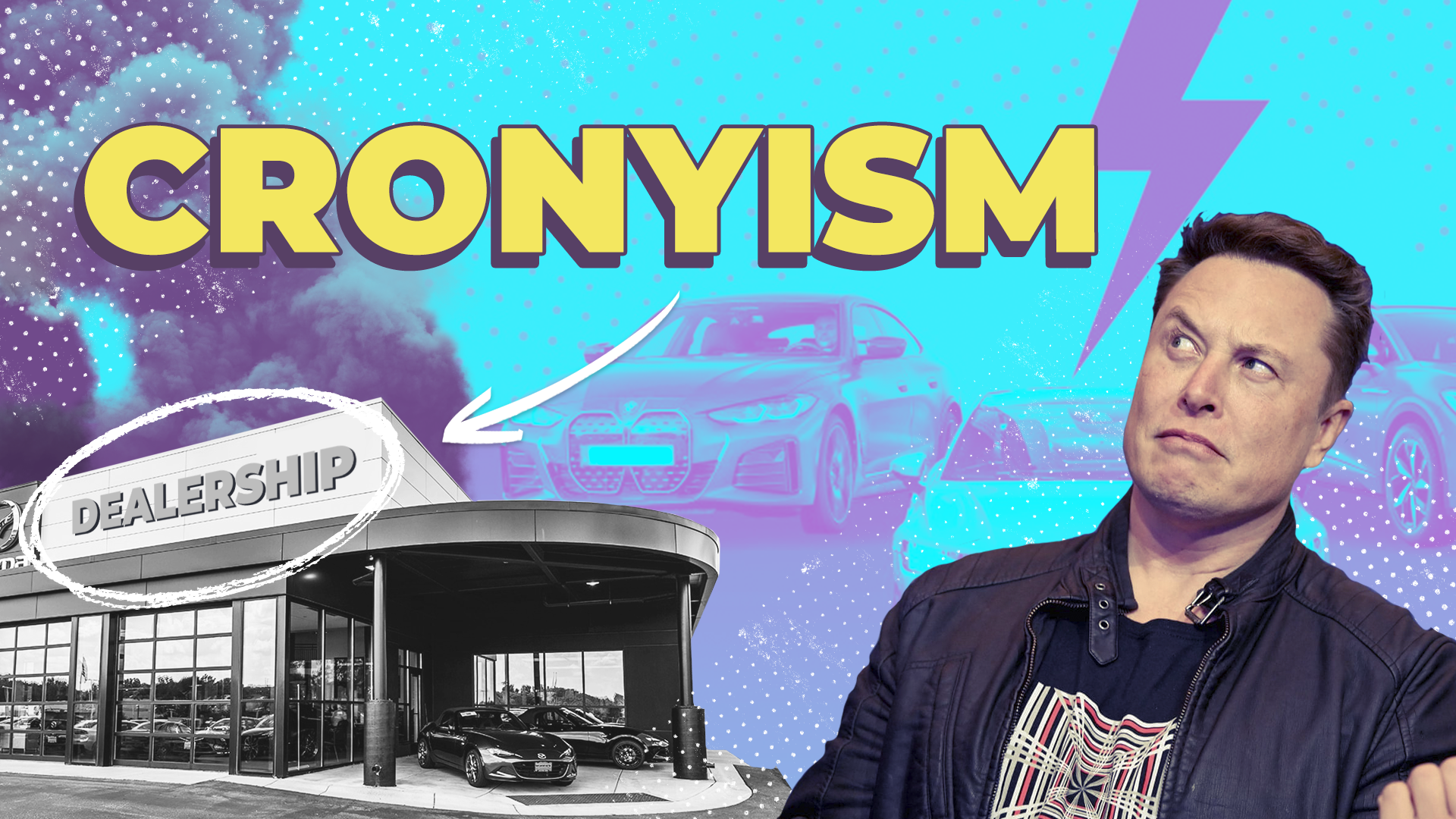
What’s holding back the Electric Vehicle Revolution?
February 8, 2022 | Video
Those flying cars we’ve seen for years in sci-fi films and cartoons? Yeah — still waiting. But we DO have cars that run on electricity, and they’re a big improvement over gasoline for many car buyers and for the environment.
Why, then, is it so difficult and expensive to get one?
This video seeks to answer that question, but we’ll give you a hint: state and federal government power are being leveraged in a big way.

Bitcoin is not a threat to Climate Change
January 11, 2022 | Video
Bitcoin is a serious and direct threat to governments’ power to control and print money. So, politicians and bureaucrats are building Bitcoin into the ultimate boogeyman. It “puts the financial system at the whims of some shadowy group of super-coders,” said Senator Elizabeth Warren. Then there’s the narrative — pushed by British newspaper The Guardian […]

How capitalists can create value by reducing waste
July 31, 2017 | Post
To see the sharing economy as merely “cheaper taxis and cheaper hotels” is to miss the point entirely.

African animals need to be owned to survive
June 1, 2017 | Post
Most wildlife in Africa is the property of the state. But in one country, people have found a market-based solution that seems to work.

Blame outdated rights for California's water woes.
April 22, 2017 | Post
California is running on the equivalent of a Windows operating system (OS) that’s backwards compatible with earlier versions of the OS — and thus just as confusing, complicated, and conservative as you would expect from a system dating back decades.

Climate change is not a tragedy of the commons
April 22, 2017 | Post
Because no one can tell a plausible story about market exchange or transaction costs with future generations, no one can show that climate change is an external cost resulting from a market failure.

Earth Day has become polluted by ideology and ignorance
April 20, 2017 | Post
Instead of a genuine concern for nature, many of those stumping for Earth Day this April 22 will share opposition to environment-friendly advances in science and technology.

Getting prices right for the Dakota Access Pipeline
November 24, 2016 | Post
One great benefit of markets is that prices tell us what to do. Not through orders, which often don’t work, but through incentives.

Do animals have rights? Professors Bryan Caplan and Michael Huemer discuss
November 1, 2016 | Post
What’s the appropriate balance between the rights of animals and the comfort and quality of life of humans?
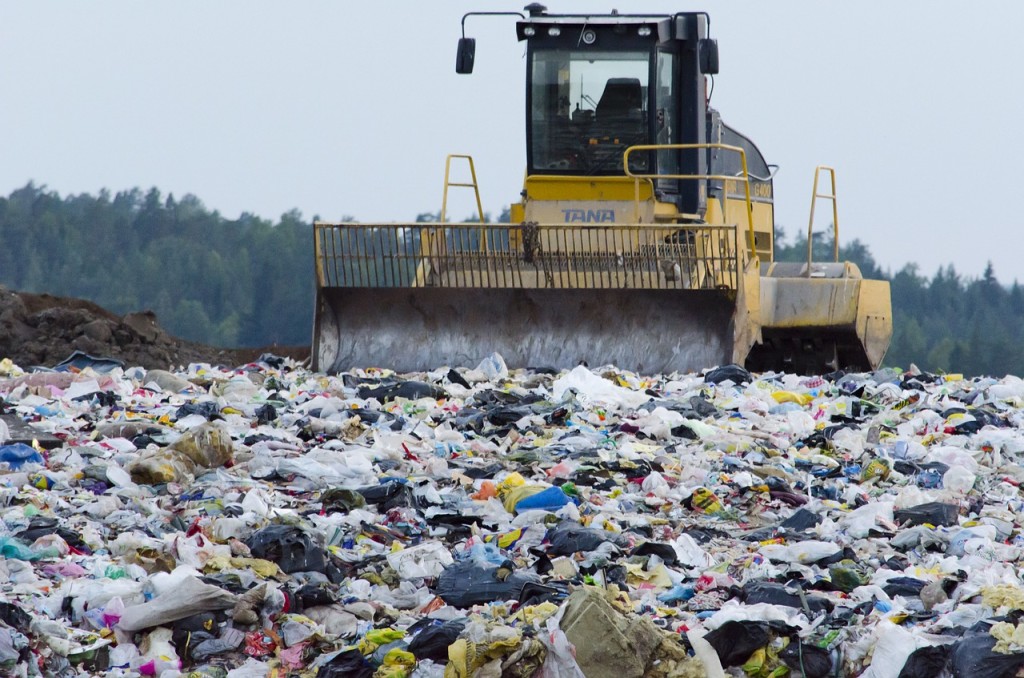
Greener than Thou?
May 23, 2016 | Post
I have a confession to make. I don’t recycle as many people understand the term. I try to reduce and reuse-I “recycle” shirts, towels, dishes, and the like in that I don’t discard them after one use, but several years ago I stopped recycling in the sense that I don’t put bottles, cans, and newspaper […]

What the Government Gets Wrong About Environmental Stewardship
April 21, 2016 | Post
Unlike the polarized conflicts that occur on federal lands, private environmentalism meets demands through win-win solutions.

Featured On Demand Program of the Week: Protecting the Environment
April 18, 2016 | Post
Saving a species from extinction is a daunting and important task. On many occasions, legislation designed to protect endangered species can be both inefficient and ineffective. Protecting the environment has the same problems – no matter how well-intentioned environmental protection laws are, unintended consequences often make bad situations worse, exacerbating pollution and environmental waste. Can […]

